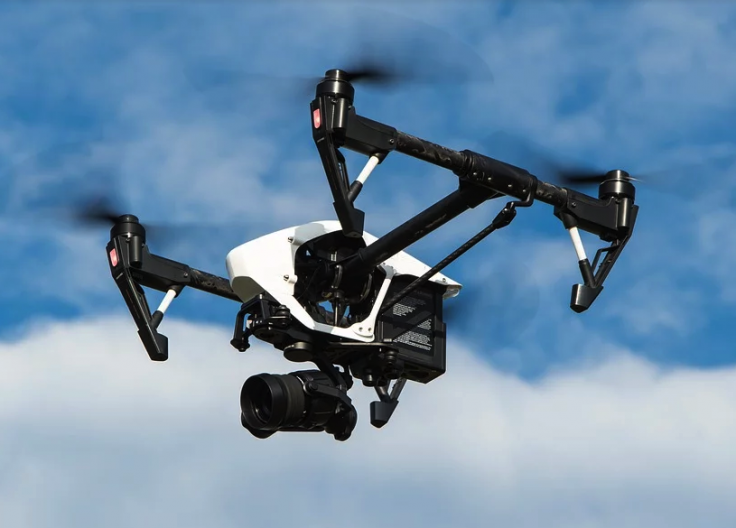Honeywell International Inc, a major supplier of aerospace products, said Monday it launched an unmanned aerial systems business to bet on the autonomous aviation space – drones, air taxis, and unmanned cargo delivery vehicles.
Stéphane Fymat, the head of that new business, said Honeywell expects the hardware and software market for urban air taxis, drone cargo delivery, and other drone businesses to reach $120 billion by 2030 and Honeywell's market opportunity would be about 20 percent of that.
He declined to say how much of that market Honeywell was targeting to capture, adding only that the unit has hundreds of employees with many of them being engineers.

Pandemic Creates Increased Interest In Drone Technology
Honeywell doesn't build drones itself but provides autonomous flight controls systems and aviation electronics. The new business creation comes as the coronavirus pandemic creates a surge of interest in drone deliveries; Fymat said it's accelerating the drone cargo delivery programs of some of its partners.
Some of Honeywell's customers include Intel-backed Volocopter, Slovenia-based small aircraft maker Pipistrel, which is developing an electric vertical take-off and landing aircraft for cargo delivery, and UK-based Vertical Aerospace, which has test flown a prototype vehicle last year that can carry 250 kilograms and fly at 80 kilometers an hour.
Investing In Unmanned Air Traffic Control System
Honeywell's corporate venture capital arm has also invested in Southern California's AirMap, an unmanned air traffic control system for drones, and Switzerland-based Daedalean, which develops autonomous flight controls.
"We're not trying to bet on who's going to have the best drone. We want to sell to everyone's drones," said Murray Grainger, head of Honeywell Ventures. Fymat said that his unit is working on a pilot project to use QR codes for autonomous landing and also developing a system that can help aircraft navigate the "urban canyons" where GPS may fail.









